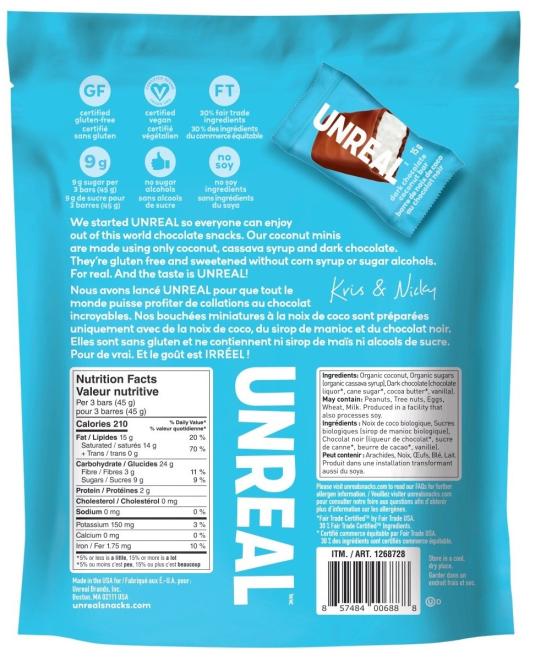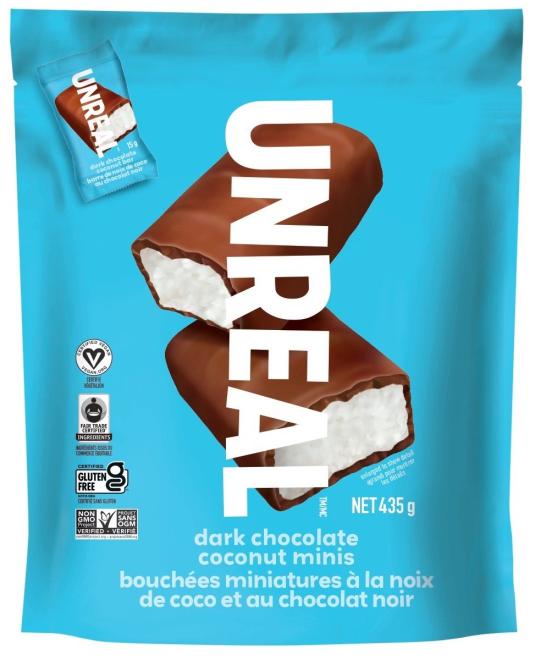A Barry Callebaut chocolate factory in Belgium is back operating at full capacity after a Salmonella contamination scare earlier this year.
Cleaning of the factory in Wieze is nearing completion so it has returned to running at normal levels after operations were stopped in late June.
“I would like to express my deepest gratitude to our customers for their understanding during this difficult period, and to all our employees who worked tirelessly for weeks to get the Wieze factory up and running again,” said Peter Boone, CEO of Barry Callebaut.
The company previously warned the incident is expected to have a significant financial impact when the full year result figures are published in November.
Mondelez was one of several companies impacted, as it is supplied by Barry Callebaut. The alert meant it had to limit the retail availability of several ranges of biscuits.



